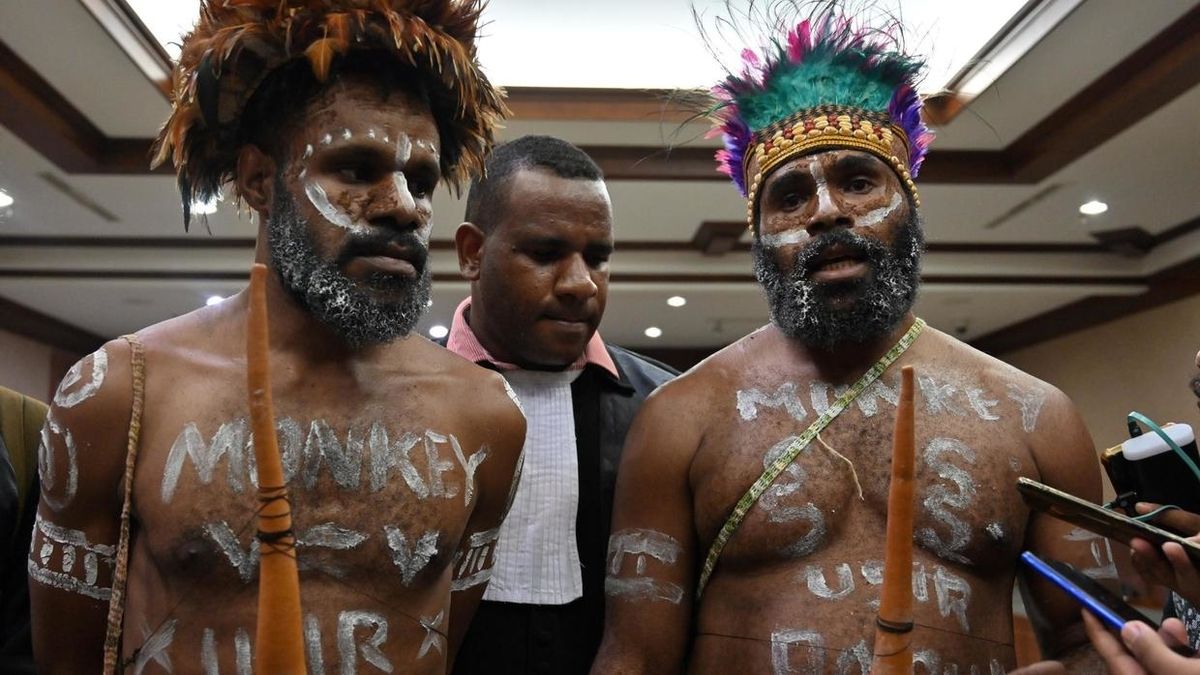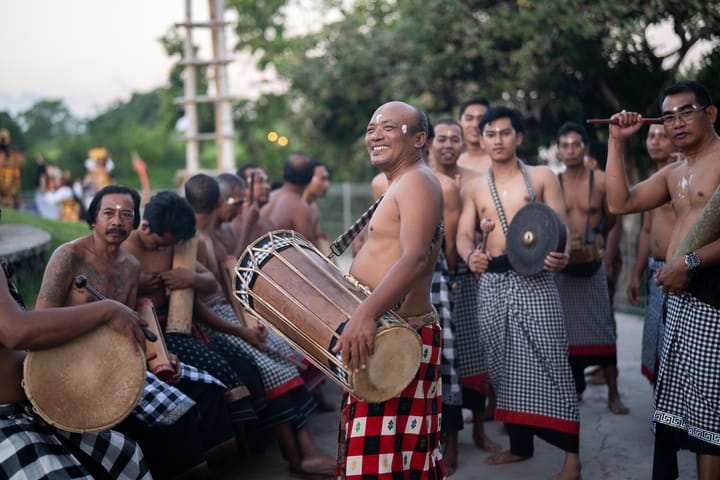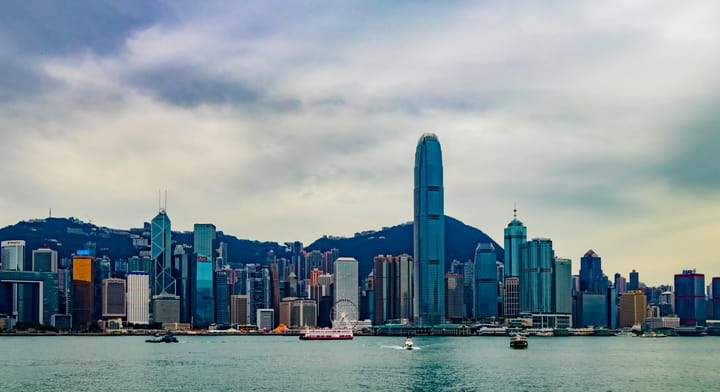Papuans on trial in Indonesia ordered to remove traditional garb

A few minutes every morning is all you need.
Stay up to date on the world's Headlines and Human Stories. It's fun, it's factual, it's fluff-free.
On January 20, two ethnic Papuan activists who are on trial in Indonesia’s capital Jakarta were reportedly ordered to remove their traditional penis gourds, as the court refused to proceed unless the activists wore pants.
A brief standoff occurred for several hours between the Papuans and the court before the two men begrudgingly slid into trousers to proceed with the hearing. This is the second time that the Papuan’s traditional garb has caused delays in court hearings.
The two were a part of a total of six activists charged with treason by a Jakarta court in December 2019 for organizing rallies to protest for independence in the Indonesian province of Papua. The indigenous activists could face up to 20 years in jail if found guilty.
A former Dutch East Indies colony, Papua was incorporated into Indonesia to fulfill the decolonization agreement with the Netherlands in 1949. However, it was only handed over to Indonesia in 1969 as part of a United Nations-backed referendum.
Alleged racism against Papuans
One of the activists, Ambrosius Mulait, stressed that the outfit forms “part of his identity.” “We have been the victims of racism outside the court and now we have fallen victim to racism inside the court,” he said.
Ethnically Melanesian, the Papuan people practice Christianity, which is in contrast to the majority of Indonesians who practice Islam. The indigenous people would often reportedly face racism from Indonesians due to their dark complexion and ethnically distinct facial features.
Papua is the largest and the easternmost province in Indonesia, bordered by Papua New Guinea in the east. Although Papua was granted special autonomy, the province has been pushing for independence due to increasing racism, among other factors, including the alleged exploitation of the land’s rich resources by the Indonesian government.
Unrest in the region
The region, together with West Papua, experienced deadly unrest in September 2019 which left 27 dead. It began when Papuan university students had been accused of damaging an Indonesian flag during Independence Day celebrations in August 2019. In reaction, several nationalist groups then taunted the Papuan students, using racial slurs as well as reportedly calling them “monkeys”, “pigs” and “dogs”.
Weeks of protests and unrest followed suit, which reignited a long, ongoing separatist conflict between the province and Indonesia.
Exiled West Papuan leader, Benny Wenda, told the British Broadcasting Corporation (BBC) that the treatment of the Papuan students was “just one example of what we have experienced daily for nearly 60 years.” According to the BBC, Wenda suffered racism from his first day at school when an Indonesian girl spat in his face.




Comments ()